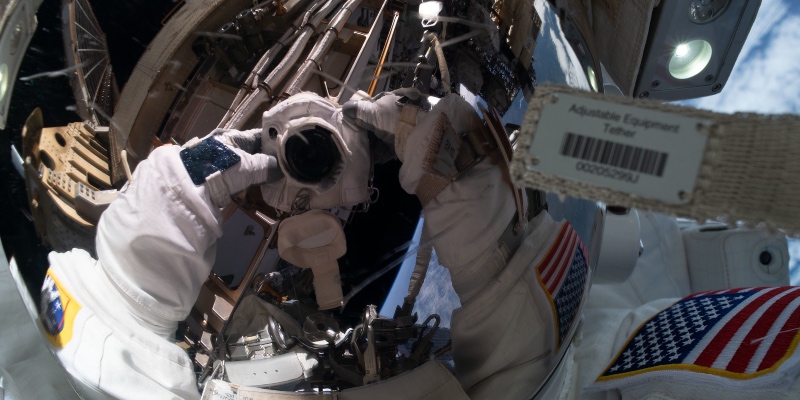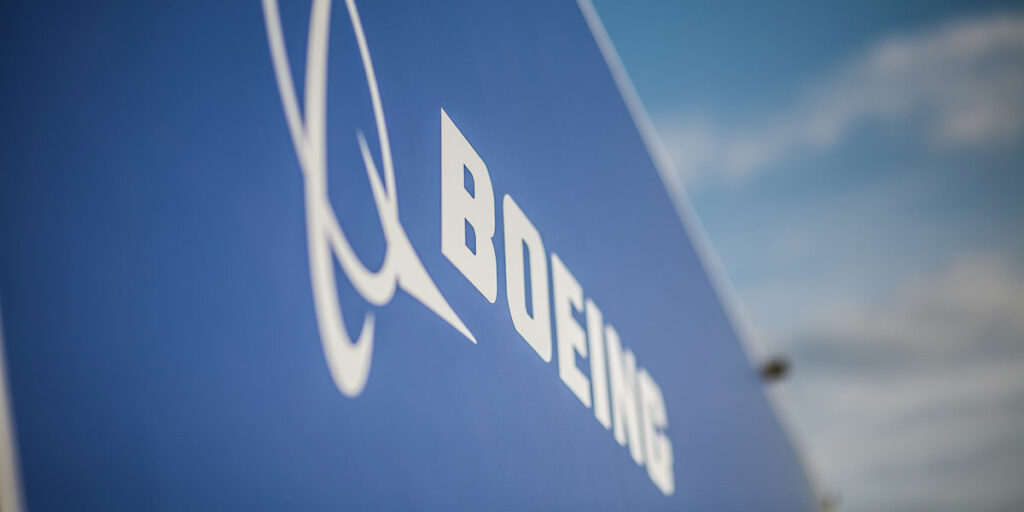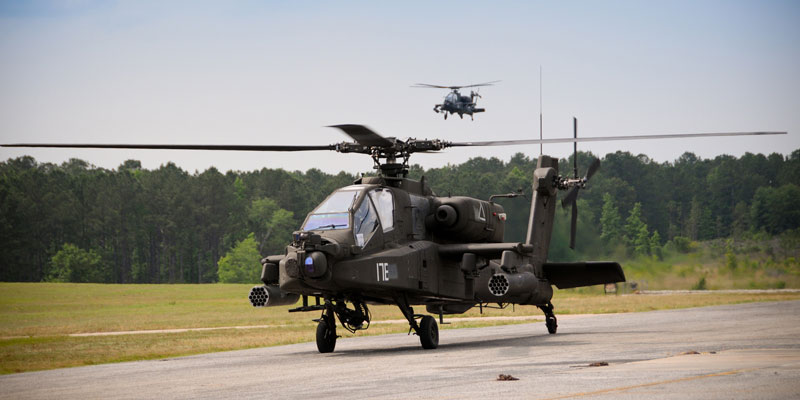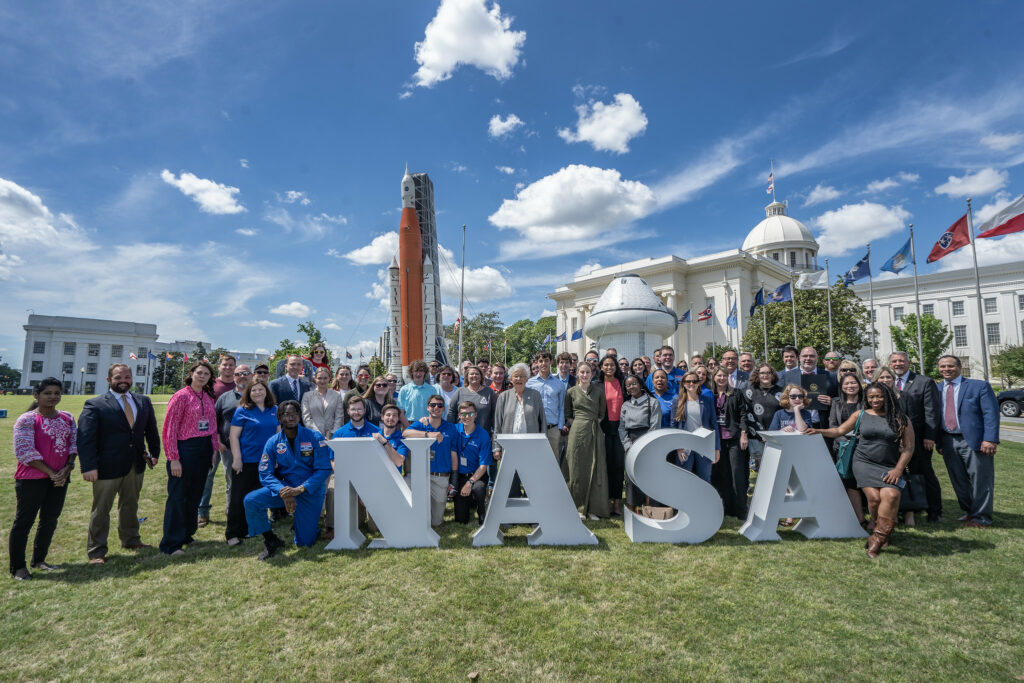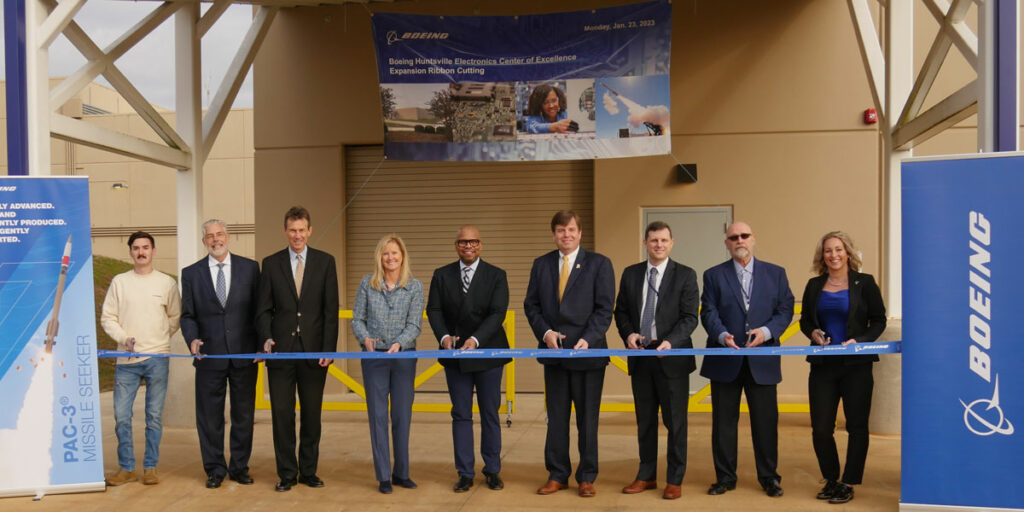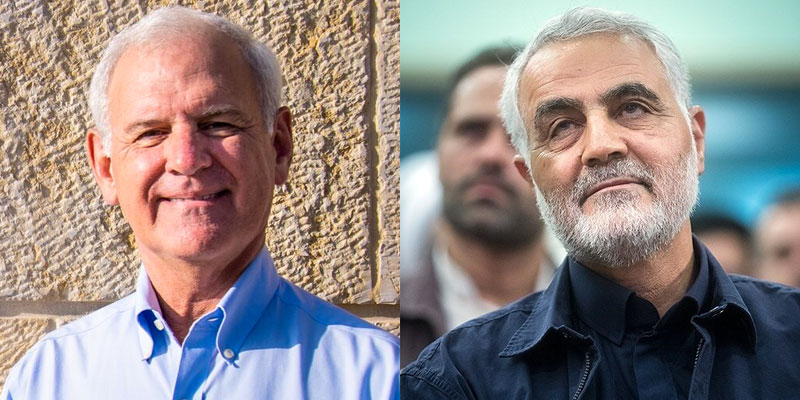Huntsville-made Boeing batteries will be installed during the second and third all-women spacewalks in history on Wednesday, January 15, and Monday, January 20, respectively.
The spacewalks will both air live online via NASA-TV.
Astronauts Jessica Meir and Christina Koch will leave the International Space Station (ISS) to finish replacing nickel-hydrogen batteries with lithium-ion batteries that were made by Boeing employees in Alabama.
The Boeing-made batteries will store energy generated by the space station’s solar array, according to the company.
NASA selected Boeing as prime contractor for the ISS in 1993, and the original cost-plus-award-fee contract began in 1995. In this role, Boeing has been responsible for ISS design, development, integration, testing and delivering. Now, the company still sustains the U.S.-built elements under periodic extensions of the original contract.
When the Boeing-built ISS was launched into orbit in 1998, it was originally equipped with 48 nickel-hydrogen batteries, split between its four solar wings. When the station dipped into shadow, these batteries were responsible for keeping things going.
Thus, NASA in 2017 began swapping out these old batteries with 24 smaller lithium-ion power packs, which provide greater storage and power efficiency.
These lithium-ion batteries are a result of collaboration between Boeing’s Huntsville, Alabama, Houston, Texas, and Canoga Park, California, operations. In Huntsville specifically, the overall battery cases were made.
Half of the batteries aboard the ISS have already been replaced with the upgraded, lithium-ion models.
According to Boeing, 12 lithium-ion batteries have been installed and are operational. A total of six more batteries will be installed during the spacewalks on January 15 and 20. Then, the overall replacement will be complete later this year after the final six are launched to the ISS on a resupply mission.
David McCann, Boeing’s chief engineer of International Space Station systems, said in a statement to Yellowhammer News, “The batteries are meeting every performance factor we have asked of them.”
“They are providing the Station with more operational flexibility and higher performance than the previous nickel-hydrogen batteries in half the size,” he added.
Over the past 20 years, the Boeing-built ISS has hosted 239 people and more than 2,700 science experiments.
Sean Ross is the editor of Yellowhammer News. You can follow him on Twitter @sean_yhn




